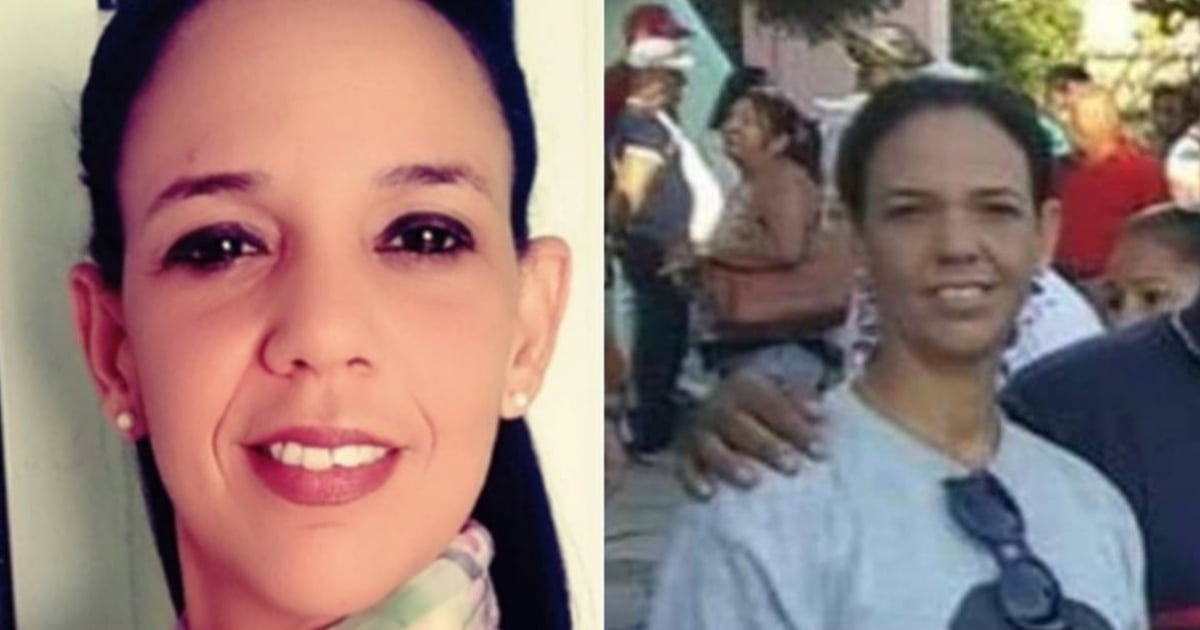Rosabel Roca Sampedro, a former Cuban prosecutor known for sentencing July 11, 2021, protesters in Camagüey, has entered the United States through a CBP One appointment. This incident was reported in detail by journalist Mario J. Pentón in Martí Noticias.
Roca's arrival in the U.S. on July 15, 2024, has stirred controversy. Several Cuban-American legislators had urged that her entry be denied due to her role in suppressing Cuban demonstrators. Roca was responsible for the imprisonment of four July 11 protesters, with sentences ranging from three years and six months to four years and four months in prison.
Controversial Entry Despite Legislative Opposition
Roca played a significant part in the crackdown on peaceful protests in July 2021, which saw over 1,000 individuals jailed by the regime. Despite her notorious background, she managed to enter the U.S. and currently lives in Houston, Texas, with a work permit. After one year in the country, she might apply for permanent residency under the Cuban Adjustment Act.
Among the Cuban-American congress members who pushed for her asylum request to be denied is Carlos Giménez. He signed a letter to the Department of Homeland Security asserting that U.S. authorities would proceed with Roca's deportation, which ultimately did not happen.
Roca's history in Cuba is marked by her unwavering support for the Castro regime and her involvement in prosecuting peaceful opposition figures. One notable case was that of Camagüey dissident Bárbaro de Céspedes, whom she sentenced to a year and six months in prison for participating in the July 11 protests.
Pattern of Former Cuban Officials Entering the U.S.
Roca Sampedro's entry into the United States is part of a broader trend of former Cuban officials implicated in the island's repression finding their way into the country. This group includes Manuel Menéndez Castellanos, the former head of the Communist Party in Cienfuegos, and judge Melody González Pedraza, who is now advocating for the release of individuals she once judged while seeking asylum in the U.S.
The Cuban exile community demands that these individuals be held accountable for their roles in Cuba's repression before being granted asylum in the United States. In August, the Foundation for Human Rights in Cuba (FHRC) identified 117 Cuban repressors who entered the U.S. over the past year. Tony Costa, the director of the NGO, stated that many of them obtained entry by deceiving U.S. authorities.
